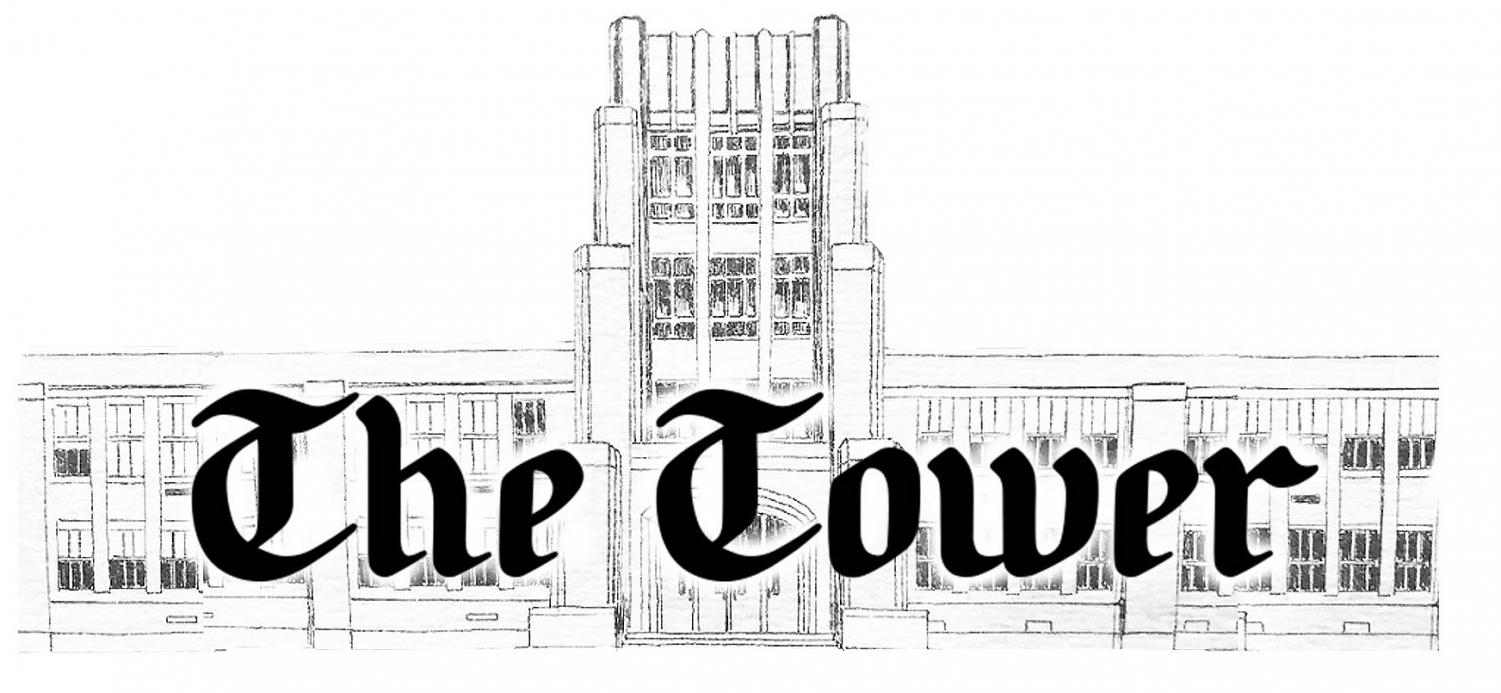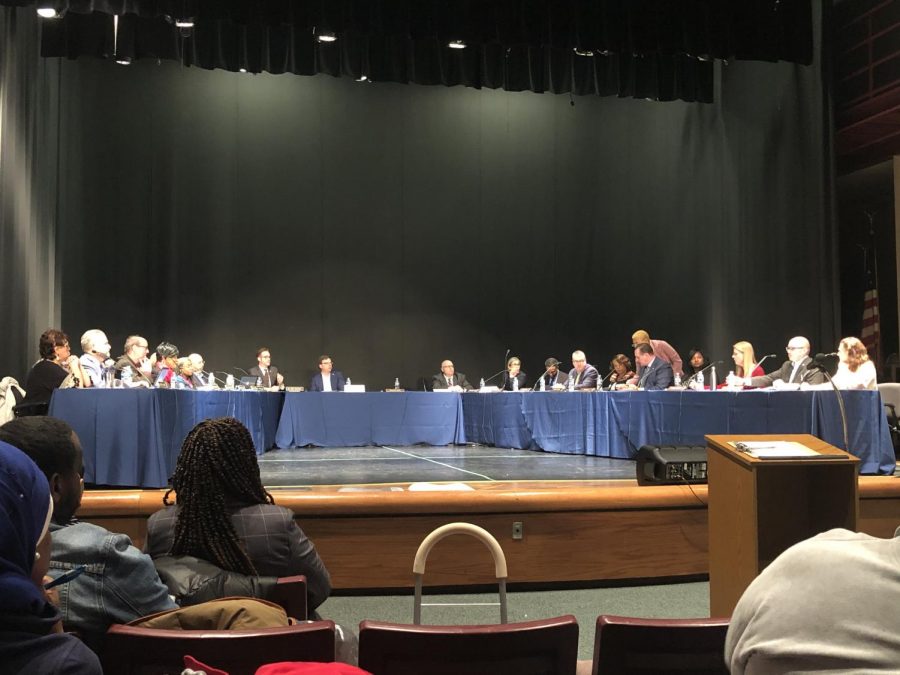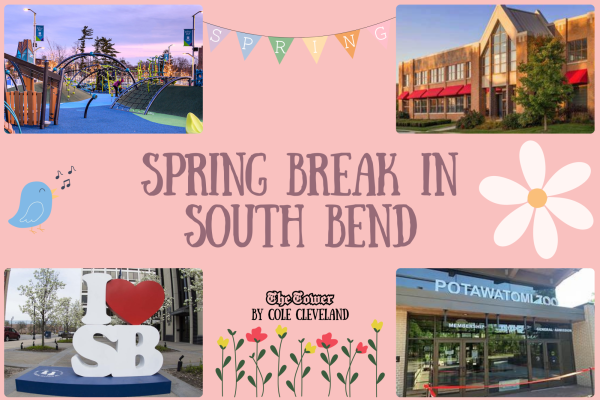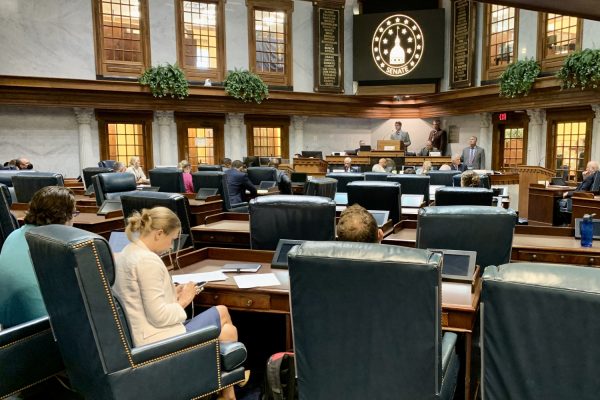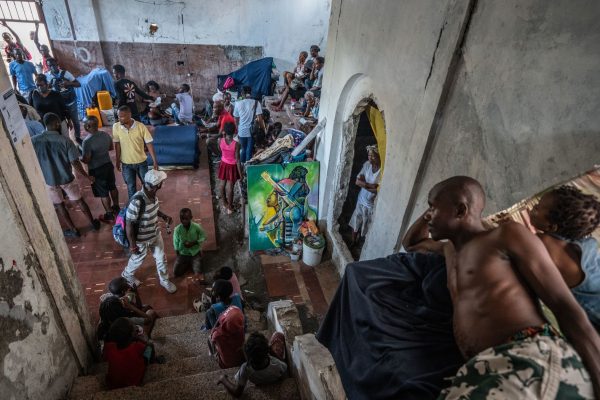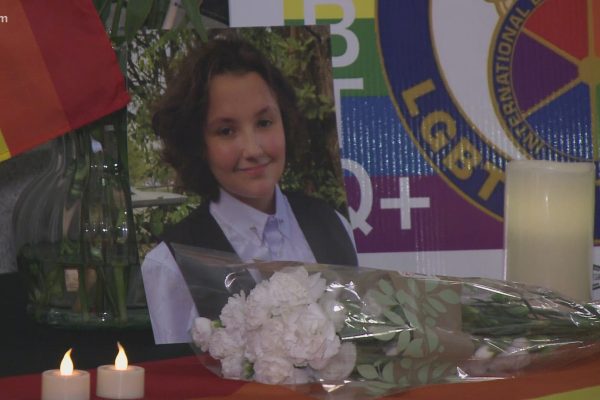Meeting Between the Common Council and School Board
On Tuesday, February 25th, the first ever joint meeting between the school board and common council occurred. In attendance at the meeting were all common council and school board members, as well as the superintendent, Todd Cummings, the mayor, James Mueller and the city clerk, Dawn Jones. This historical event was primarily to discuss the future of South Bend schools and what they can do collaboratively to improve both the school system and the city itself. Dawn Jones, city clerk and former school board member, called the meeting “the beginning of multiple meetings– not just meetings, action.” Jones was hopeful for the future of the collaboration between the two bodies. During the meeting, members of the council and school board spoke extensively about the historical meaning of the meeting, safety issues, and student performance. Although a considerable portion of the meeting was focused on formality, it was made clear that part of the purpose of the meeting was a means to link the two groups together; hopefully meetings will continue to occur between the common council and school board.
While the meeting did not have much substance, it did lightly cover students’ performance throughout the corporation. Many members on stage made broad claims about student performance in certain schools and listed statistics to support their points. The chief of police, Scott Ruszkowski, stated that, in order to come to conclusions regarding students, school board and common council members along with state elected officials should visit schools, as it is extremely effective in determining what is best for students.
A monumentally important decision presently for South Bend schools is whether the referendum is passed. If the referendum is not passed, the school corporation will lose $9-15 million every year. With state funding already dropping by $16.6 million this academic year, it may be impossible to operate without the referendum. This monetary loss will be detrimental to the growth of South Bend schools; if it is possible for South Bend schools to stay afloat without the referendum, it will become much more difficult to attract teachers, issues in buildings will not be fixed for long periods of time, student-teacher ratios will soar, and much more.
Despite its colossal impact on South Bend schools, it was not mentioned extensively during the meeting. It was mentioned once or twice by Troy Warner, Linda Lucy, and during the questions at the end. Besides these minimal mentions of it, it was not expanded upon at any point. James Mueller, the mayor of South Bend, has not come out in support of the referendum at this point and did not mention it at the meeting. After, however, when questioned about it, he stated that he is in the process of making a decision, claiming that “the referendum alone, without a commitment to bold action and a plan to get it done, won’t fix our schools and won’t fix our city.” It seems from his statement that the mayor may not comprehend the massive deficit in funding which would result from the referendum not passing.
Heath Weaver, a philosophy, TOK, and International Relations teacher at John Adams High School who attended the meeting, has strong opinions about how the meeting went. Stating that the meeting was “largely a waste of time because they should have been talking more about the referendum which is the most important thing the school corporation can discuss right now,” he discussed the necessity for education regarding the referendum and its crucial importance on the school corporation.
Overall, the meeting was not very substantive and was simply a means to link the two bodies for potential future use and action.
Your donation will support the student journalists of The Tower and John Adams High School. Your contribution will allow us to purchase equipment and cover our annual website hosting costs.

Audrey Engel is in her senior year here at Adams. Although she is not in The Tower this year, she has written for the paper throughout all four years...
